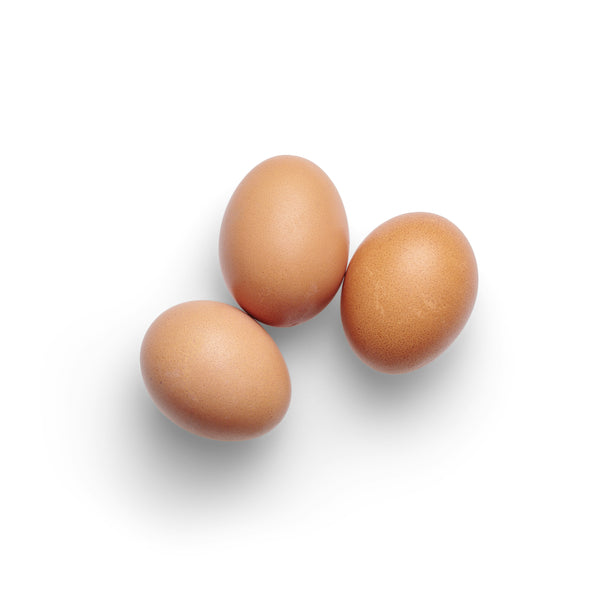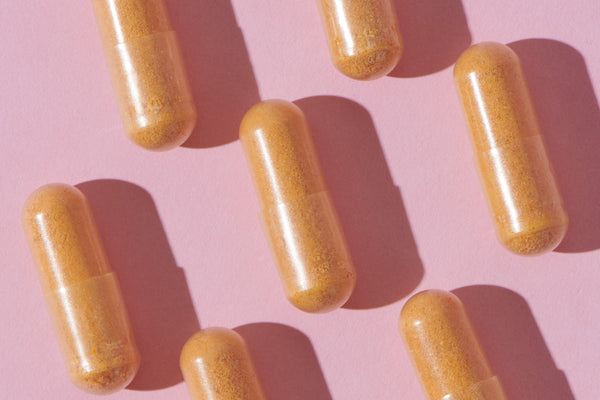Jump to:
Understanding the menstrual cycle and fertility
Your menstrual cycle isn’t just about periods it’s a window into your reproductive health. By tracking your cycle length, ovulation signs and any irregularities, you can gain valuable insight into how easily you might conceive in the future.
✿ What your period says about fertility
Regular cycles (every 21–35 days) usually suggest balanced hormones and healthy ovulation. If your cycles are consistently shorter, longer, or wildly unpredictable, it could point to conditions like PCOS or thyroid issues that may impact egg quality or uterine lining preparation.
Australian guidelines from healthdirect.gov.au show that cycle irregularity is one of the top reasons women seek fertility support, as it may indicate disrupted ovulation ([source]).
✿ Tracking ovulation improves conception chances
Your fertile window (the days leading up to and including ovulation) is best identified through:
-
Tracking basal body temperature or cervical mucus
-
Using ovulation predictor kits
-
Noting symptoms such as mild cramping or breast tenderness
This helps couples time intercourse optimally, increasing chances of conception each month (NIH).
Common menstrual warning signs
✿ Irregular periods and infertility
Missing three or more periods in a row not related to pregnancy or stress may signal anovulation. PCOS is a common cause. Referencing nps.org.au, menstrual irregularity is often the earliest clue to hormonal imbalance and possible fertility issues.
✿ Hormonal imbalances and egg quality
High prolactin or thyroid hormones, insulin resistance, or poor nutrition can affect egg quality. Low‑grade inflammation can also interfere with reproductive hormones.
Supporting mitochondrial function is helpful—women are seeing better menstrual regularity with minerals like magnesium, which supports enzymes essential in ovulation. That’s why we developed Magnesium for stress, mitochondria and muscle recovery.
How to support fertility naturally
✿ Full-body nourishment during reproductive years
Eating nutrient‑rich whole foods and maintaining a healthy weight encourages regular ovulation and improves egg quality.
For women who want a solid foundation through their pregnancy planning journey, our Prenatal pregnancy support full‑body nourishment daily formula was created to support hormonal balance, energy and micronutrient reserves.
✿ Supporting gut, iron and energy levels
Low iron and gut health issues (like dysbiosis) can contribute to fatigue and disturb hormonal interactions. If you feel sluggish, our Iron and gut health fatigue energy support may help restore your vitality.
✿ Immune and hormone synergy with vitamin D
Adequate vitamin D levels help support immune, hormonal and reproductive health. Vitamin D absorption immune support drops make it easy to get your daily boost, especially if you’re indoors or live in cooler climates.
When to seek professional advice
If you’ve tried tracking your cycle for at least six months and haven’t conceived, or you experience very irregular cycles, painful periods, or heavy bleeding, it’s important to speak with a GP or fertility specialist. Investigations like blood tests, ultrasound, and ovulation analysis can pinpoint any underlying issues.
✿ Final tips
-
Track your cycle regularly to spot trends
-
Maintain a balanced diet rich in vitamins, minerals & healthy fats
-
Include gentle exercise, stress‑relief and quality sleep
-
Seek support early if you notice red‑flags like skipped periods or hormonal symptoms
Credits
✿ healthdirect.gov.au. (2025). Menstrual cycle and ovulation.
✿ NPS MedicineWise. (2025). Polycystic ovary syndrome: diagnosis and management.
✿ National Institutes of Health. (2025). Ovulation predictor kits and fertility trends.
✿ Naternal Vitamins. (2025). Product information and ingredient profiles.






